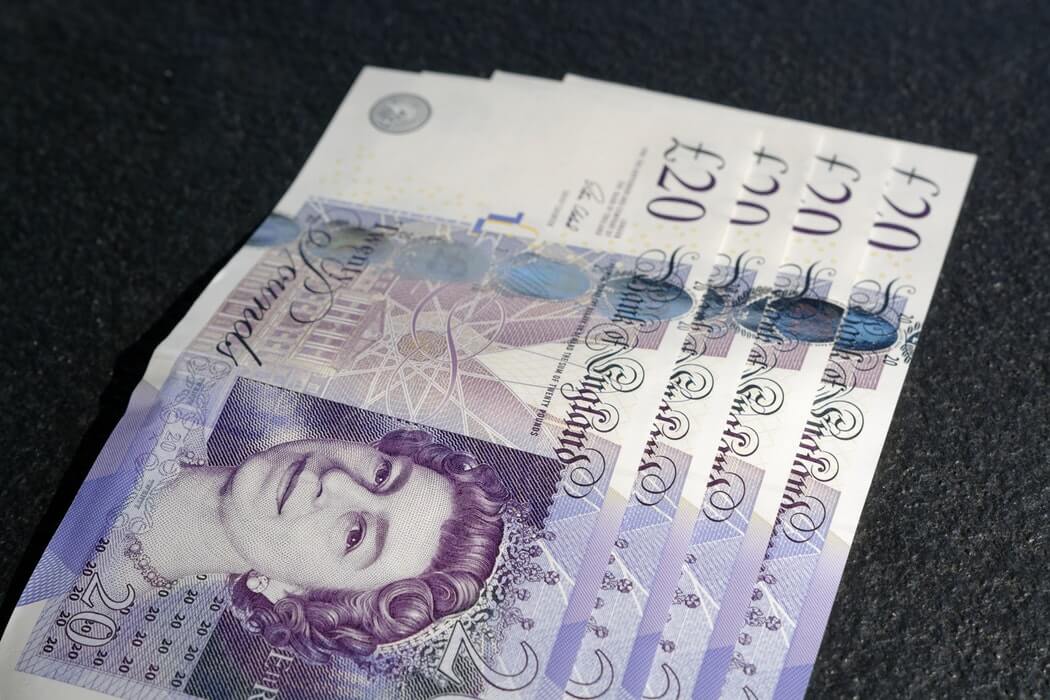

The cash system in the United Kingdom is “on the verge of collapse” according to a report by Access to Cash Review.
The report was written by former financial ombudsman Natalie Ceeney and was paid for by cash machine network operator Link.
It claims that the use of cash has been falling dramatically in recent years due to the emergence of contactless card payments, with debit card use overtaking cash for the first time in 2017.
If the current rate of decline continues, the UK could become a cashless society by 2026.
While this may seem an attractive option for retailers and businesses, it would alienate eight million people who use banknotes and coins as a necessity in the UK.
Sweden has been leading the charge for a cashless society over the past decade, with most high street banks in Stockholm and Gothenburg no longer handling cash.
The movement has faced a rebellion of sorts, with many citizens worried about the impact of a cashless society on the elderly and vulnerable.
“As long as there is the right to use cash in Sweden, we think people should have the option to use it and be able to put money in the bank,” says Ola Nilsson, a spokesperson for the Swedish National Pensioners’ Organisation, as quoted by the BBC.
The desire to move towards a cashless society is driven by a younger generation who may have never seen the need to use cash when mobile and contactless payments are so simple and efficient.
In Sweden, 85% of 16 to 74-year-olds use online banking. This is a remarkable amount compared to the EU average of 51%.
The abundance of fintech banking apps like Monzo, Revolut, and Sterling allow users to track their spending and even exchange their money for a foreign currency instantly, but there are concerns about privacy and data protection.
In 2013, Barclays Bank confirmed that it would start to sell customers’ data, admitting that it could share data with government departments and MPs.
The bank went on to confirm that it has permission to share images and even voice recordings of its customers.
The intrusive nature of banks will not only drive punters away, it could cause a revolution similar to what happened in 2009 when Bitcoin was created.
There are also issues for those living in rural communities where quality mobile and broadband connections are lacking.
A cashless society would also accelerate issues of homelessness, as many of those living on the street cannot get a bank account due to not having a fixed address.
If the cash in circulation was to suddenly dry up, it would have a potentially devastating impact on the 320,000 homeless people in the UK who currently rely on receiving cash
Consumer group Which? has called for action to protect the ability to withdraw and use cash in day-to-day life.
It has called for a regulator to enforce a statutory duty to protect access to cash as well as to build a sustainable cash infrastructure in the UK.
However, Eric Leenders from UK Finance says work is already being done on a regulatory level.
He said: “The finance industry is using a range of solutions to ensure cash can still be accessed, including over the counter withdrawals through 11,500 Post Offices and cash-back from retailers, to investment in ATMs and mobile bank branches to reach more rural communities.
“We will continue to work with the review team, government, and regulators to take forward this important work.”
One of the main benefits of holding and using cash is the self-sovereignty aspect. When you hold cash in your hand, it is yours – no bank or custody service can take that away from you.
If your money is held in a bank, the bank has control over whether they want to freeze your funds, halt withdrawals, or even charge a monthly fee.
Cryptocurrencies work in a very similar way to cash. If you can securely store your private keys, you are the only person who will have access to your coins or tokens.
A cashless society would, in theory, give governments and banks absolute control over citizens, which could drive another shift towards digital assets.
The risks of a digital society can be mitigated with the use of cryptocurrencies. For example, Facebook is considering its own token that would allow users to send money via its Messenger app.
Whether or not the UK takes the drastic step to remove all cash from circulation or not remains to be seen, but it’s imperative that the people stand up for their freedom over their private data, wealth, and money.
For more news, guides, and cryptocurrency analysis, click here.
Denver, Colorado, 24th February 2025, Chainwire
Denver, Colorado, 20th February 2025, Chainwire
Washington, D.C., 18th February 2025, Chainwire
Dubai, UAE, 27th January 2025, Chainwire
Those who enter the market at this time may be surprised to hear that Bitcoin…
George Town, Grand Cayman, 22nd November 2024, Chainwire